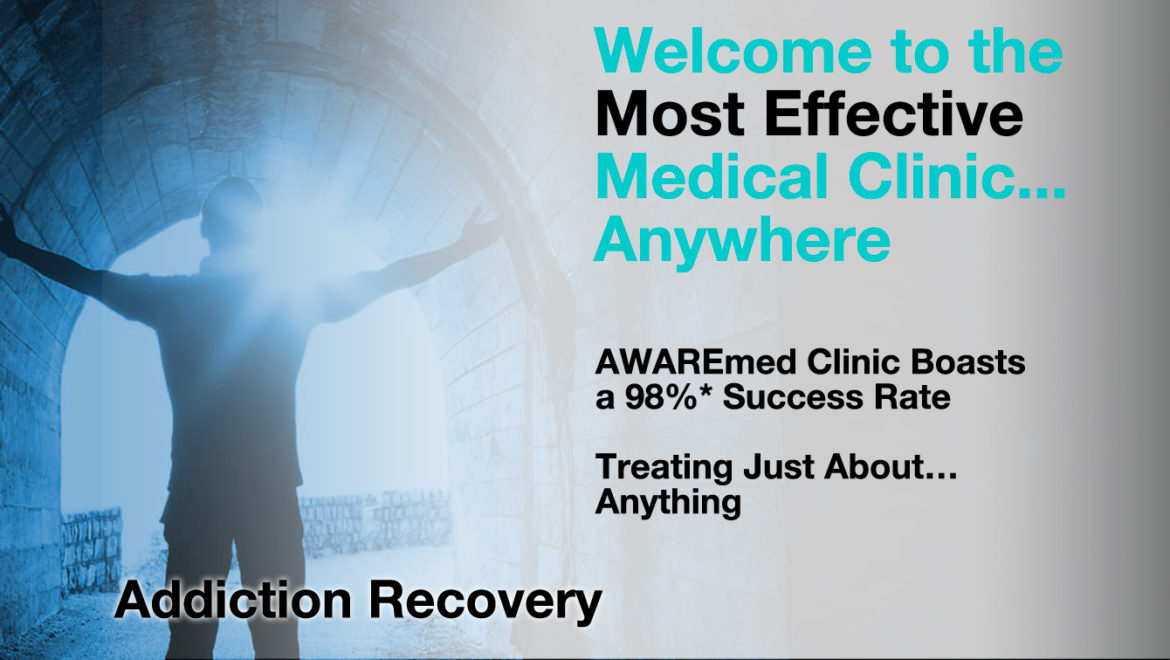Irrational behaviors and alcohol dependence

Irrational behaviors and alcohol dependence can kick out happiness from a family
Irrational behaviors and alcohol dependence: Alcoholism
Alcoholism is an addiction to the consumption of alcoholic beverages or the mental illness and irrational behaviors resulting from alcohol dependency. It intrudes into a person’s life with very negligible or no notice at all because normally consumers of this substance majorly take it for pleasure and then in its own will graduates to other unintended levels. Professionally doctor Dalal Akoury MD, President, and founder of AWAREmed Health and Wellness Resource Center reiterates that it’s not always easy to see when your drinking has crossed the line from moderate or social use to problem drinking. But you can rest assured that if you consume alcohol to cope with difficulties or to avoid feeling bad, you’re in potentially dangerous territory. Alcoholism and alcohol abuse can sneak up on you, so it’s important to be aware of the warning signs and take steps to cut back if you recognize them. Understanding the problem is the first step to overcoming it and this is going to be our focal point in this article.
Irrational behaviors and alcohol dependence: Understanding alcoholism and alcohol abuse
Alcoholism and alcohol abuse are due to many interconnected factors, including genetics, how you were raised, your social environment, and your emotional health. Some racial groups, such as American Indians and Native Alaskans, are more at risk than others of developing alcohol addiction. People who have a family history of alcoholism or who associate closely with heavy drinkers are more likely to develop drinking problems. Those who suffer from mental health problems such as anxiety, depression, or bipolar disorder are also at risk because they are likely to use alcohol to self-medicate. With this understanding, the next question we need to ask is, how do you get to know if you have a drinking problem? Doctor Akoury is very emphatic that most of the drinking problem indicators come from the consumers themselves and the following are some of the observations you are like to come across under these circumstances:
- Feel guilty or ashamed about your drinking.
- Lie to others or hide your drinking habits.
- Have friends or family members who are worried about your drinking.
- Need to drink in order to relax or feel better.
- “Blackout” or forget what you did while you were drinking.
- Regularly drinking more than you intended to.
Since drinking is so common in many cultures and the effects vary so widely from person to person, it’s not always easy to figure out where the line is between social drinking and problem drinking. The bottom line is how alcohol affects you. Meaning that if your drinking is causing problems in your life, you have a drinking problem which needs to be addressed professionally and that is where doctor Akoury and her team comes in. which the problem of alcoholism on your shoulder, you will be in danger of very many associated health complications. Scheduling an appointment with doctor Akoury now is the best you can do to have all these addressed timely and professionally.



